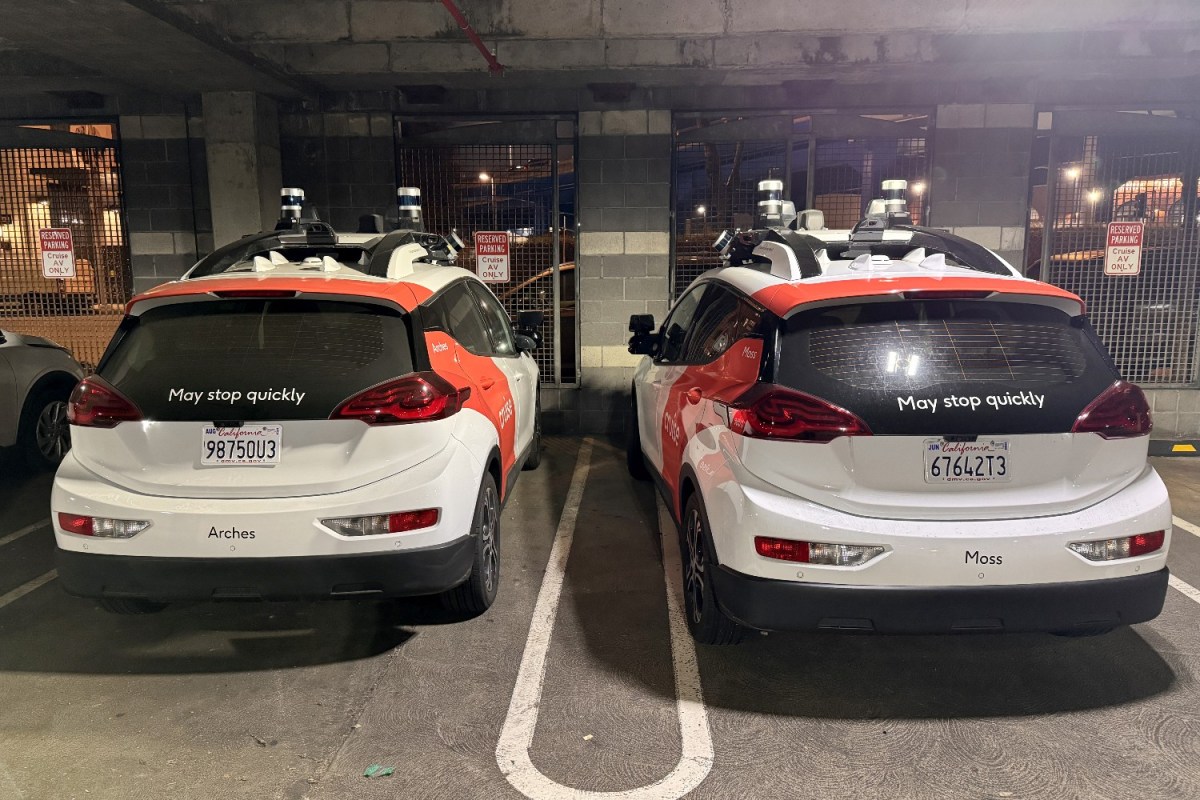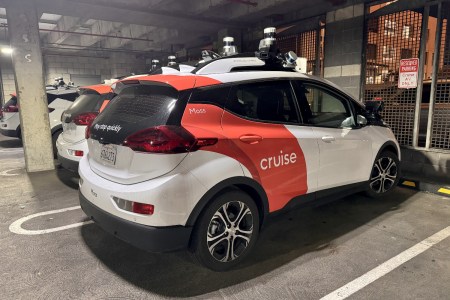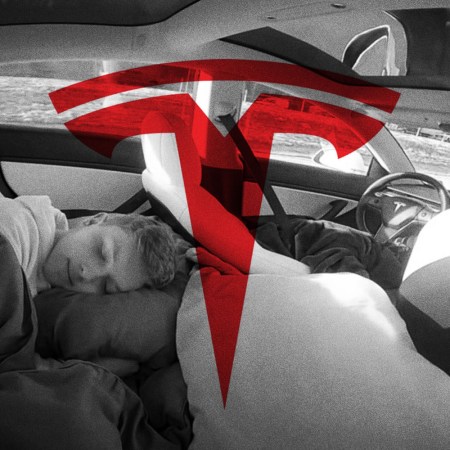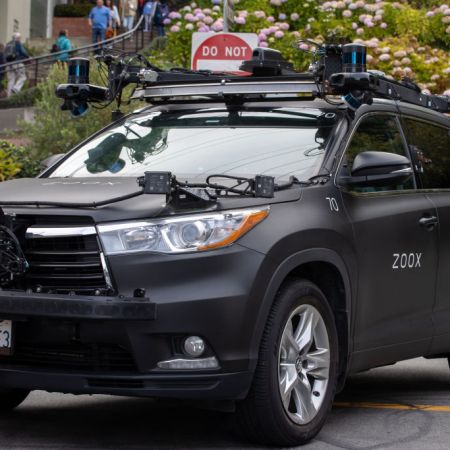Last month was a challenging one for the GM-owned driverless car company Cruise, which opted to temporarily pause its operations without a human in the driver’s seat. In the weeks since then, the company’s woes have mounted, with its broader operations placed on hold, a recall affecting hundreds of vehicles and an increasing awareness of the burden robotaxi companies place on municipal services.
This may help explain why, in the last week, Cruise’s two founders have both stepped down from the company. The first, the Los Angeles Times reports, was Kyle Vogt, who also served as the company’s CEO. Vogt resigned from the company on Sunday; on Monday, his co-founder and Cruise’s Chief Product Officer, Daniel Kan, also left the company.
As the Times reported, Cruise’s new president and Chief Technology Officer is Mo Elshenawy, who had previously been the company’s Executive Vice President for Engineering.
What’s next for the company? According to a recent report from Reuters, their next step is to begin driverless operations again in one city. As for which city, it’s not entirely clear — but Reuters suggests that it will not be San Francisco.
Robotaxi Company Cruise Is Pausing All “Driverless Operations”
Their announcement cites the importance of “public trust”Reuters also reports that Cruise will initially focus on the Cruise AV, a modified version of the Chevrolet Bolt, before eventually resuming work on the Origin at a later date. The Origin, which debuted in 2020, is especially distinctive due to its lack of pedals or a steering wheel. Writing at The Verge, Andrew J. Hawkins used the phrase “like something out of Star Wars” to describe one aspect of its design.
As for when (or if) we might see that on the streets of a city near you, keep your eye on how Cruise handles this phase of its return — and how it reckons with the series of issues that came to light in recent months.
This article was featured in the InsideHook newsletter. Sign up now.



















